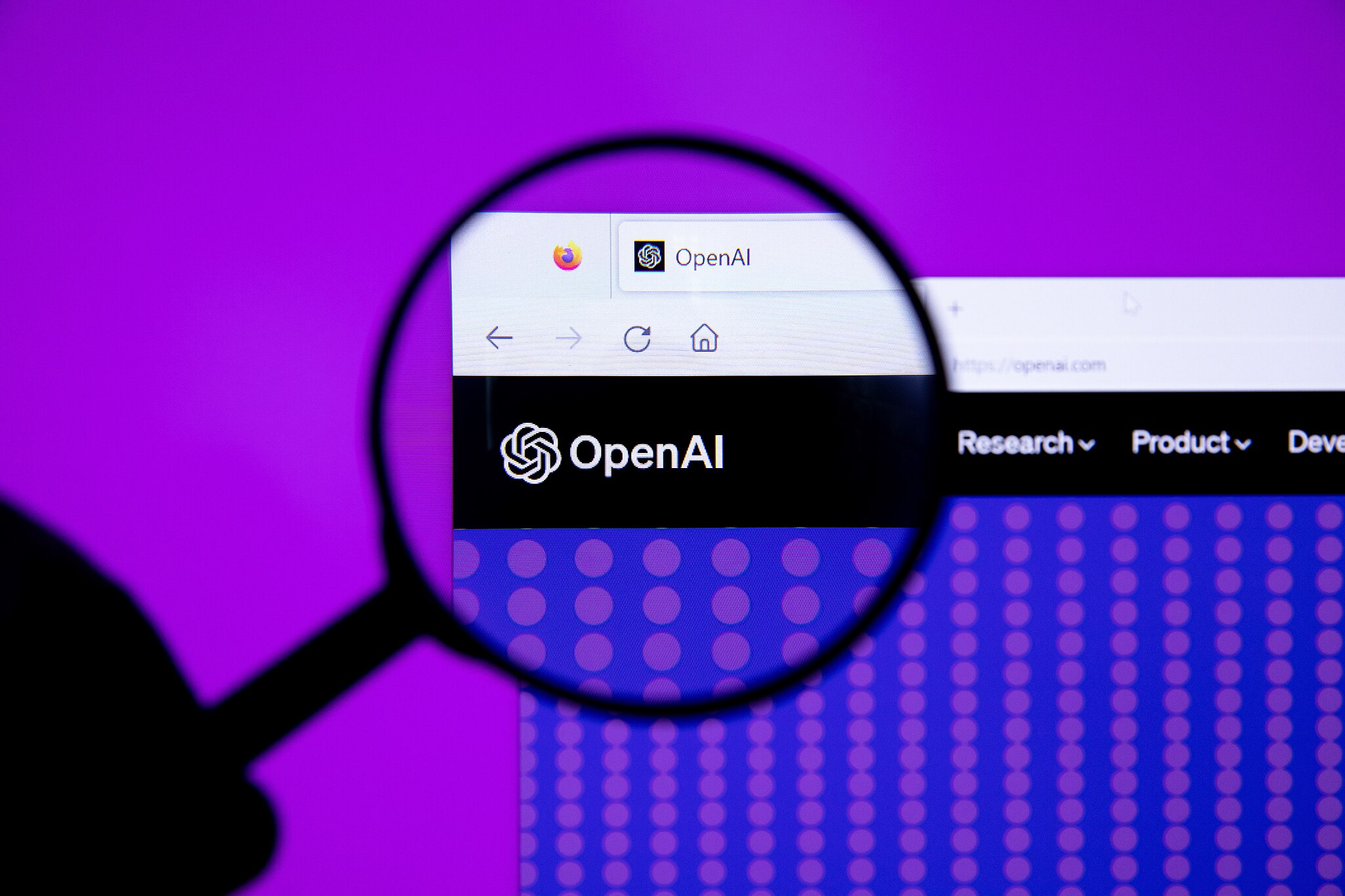Here is a snapshot from our OpenAI Narrative Intelligence brief.

This OpenAI narrative is driven by 160 sources in the U.S. Media module, amplifying 1,093 narrative items.
Today, our Narrative AI highlights the intersection of artificial intelligence, content creation, and intellectual property rights. It discusses OpenAI's development of AI technology like ChatGPT, concerns about usage of explicit content, collaborations with platforms like Stack Overflow, and the upcoming Media Manager tool for content creators. It also mentions the release of open-source AI models like Llama 3, legal challenges and lawsuits faced by OpenAI and Microsoft for alleged copyright infringement, and Microsoft's ban on using generative AI tools for facial recognition by law enforcement agencies. Lastly, it highlights key personnel changes within OpenAI.
The issues described in the summary highlight various concerns related to the rise of artificial intelligence, particularly in the context of content creation and intellectual property rights.
Demographics: The impact of AI on content creators, such as artists, writers, and publishers, is significant as their work is being used to train algorithms without adequate compensation. This raises social and economic considerations as weakening news publishers can have a detrimental effect on democracy by reducing publisher revenue.
Politics: The lawsuits filed against OpenAI and Microsoft by newspapers and other content creators demonstrate the legal implications of using copyrighted material for AI development.
National Security: The decision by Microsoft to ban U.S. law enforcement agencies from using generative AI tools for facial recognition reflects the ethical and national security concerns surrounding the use of AI in sensitive areas like military operations.
Geography: The lawsuits filed in different districts against OpenAI and Microsoft indicate the widespread impact of AI technology on various industries and regions. The release of open-source AI models like Llama 3 also highlights the accessibility and affordability of AI technology for developers and researchers.
Overall, the issues surrounding AI development, intellectual property rights, and ethical considerations underscore the complex interplay between technology, society, and governance in the modern era. These developments have implications for national security, economic competitiveness, and the protection of individual rights and freedoms.
Our Kudzu Narrative Intelligence brief auto-updates every few hours with fresh analysis:
Note: Kudzu Narrative Intelligence briefs update every few hours. Very likely, the Narrative Analysis above will have changed as well.
Image Credit for Article Header: Jernej Furman from Slovenia, CC BY 2.0, via Wikimedia Commons